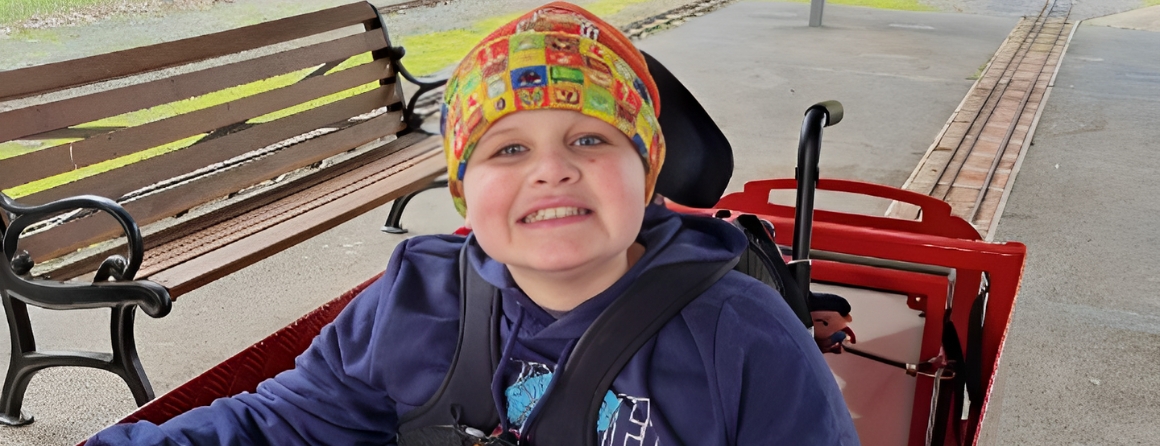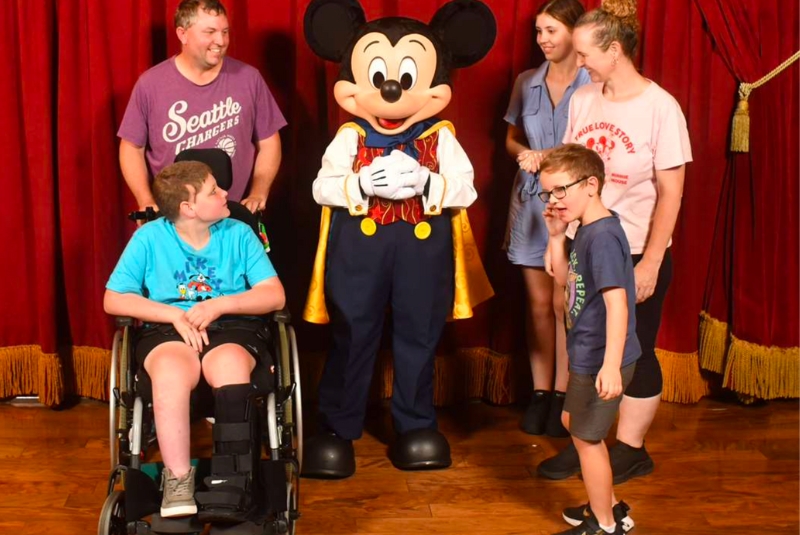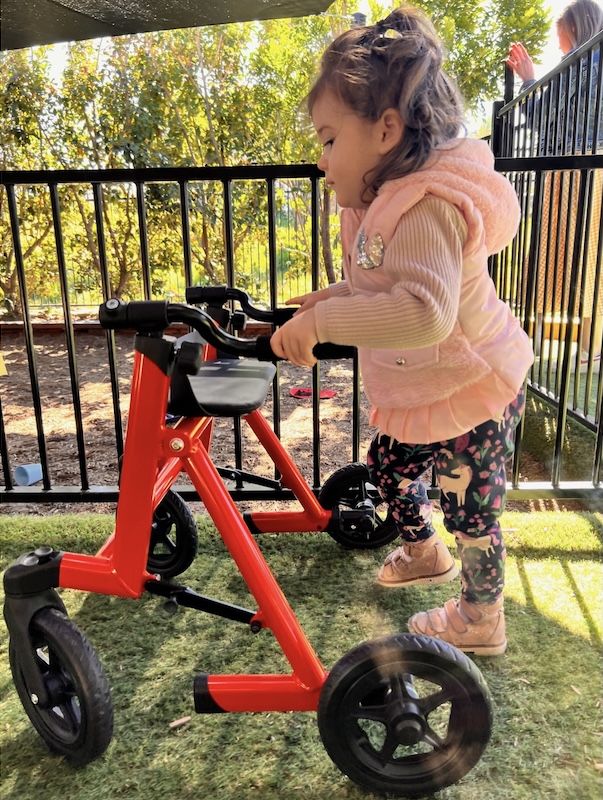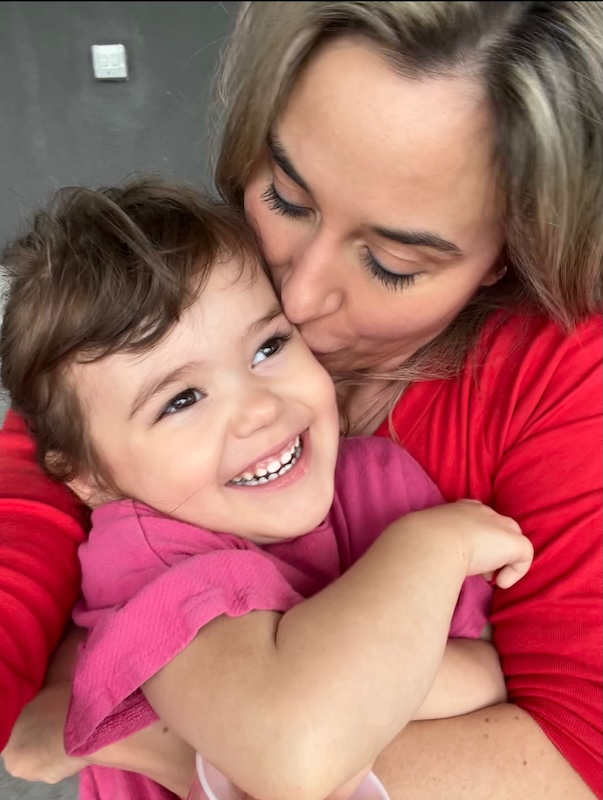Murdoch Children’s Research Institute’s Dr Simranpreet Kaur is leading Australia’s first KAND research program in collaboration with national and international collaborators including KIF1A.org. The team hopes to accelerate research into KAND, develop effective treatments through stem cell-based models and understand the cell process that changes in response to genetic changes in the KIF1A gene.
These advances will improve long-term health outcomes for our KIF1A Koalas and may potentially offer unprecedented and life-changing opportunities for individuals and families affected by KAND and related disorders.
MCRI continues to support our foundation by featuring some of our super heroes on their website. Here we share an article that turns the spotlight on one of our KAND parents and gives you a parent’s perspective on supporting a child with KAND. You can also read their beautiful article about Edward here.
Gary Boyer: A Father’s Journey

The Boyer family’s life has been profoundly inspired by their young son’s rare neurological degenerative condition. 12-year-old Edward Boyer is one of approximately 500 people diagnosed with KIF1A Associated Neurological Disorder (KAND) worldwide and the first patient diagnosed with KAND in Australia.
On Father’s Day, Gary Boyer shares his experience as Edward’s dad and a constant support and strength for his son and family throughout this unique journey. His unwavering love and determination are a true testament to the power of paternal devotion.
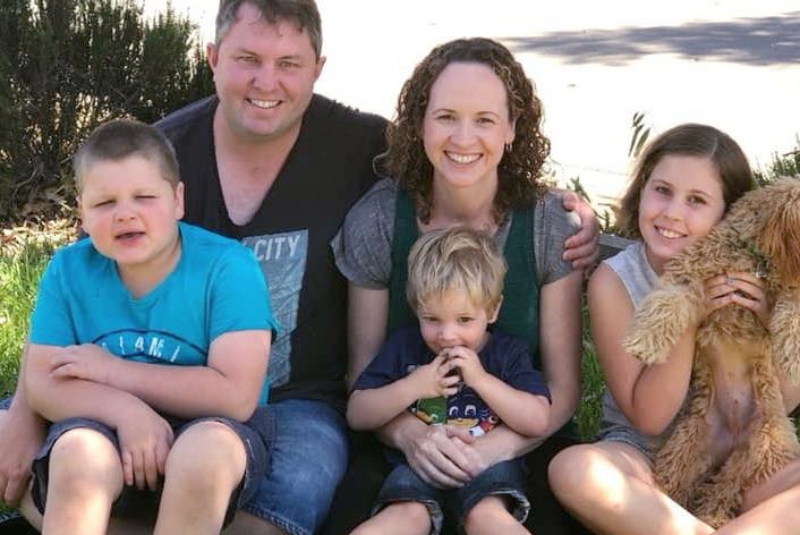
“It’s a bittersweet experience,” says Gary. “You want to do things with your son, and you look out the window and see people kicking the footy down the street with their kids. Knowing you can’t do that is really heartbreaking”.
“But at the same time, I love him for who he is, and he inspires me every day. We are grateful for all the research and support we have received, and we want to do everything to help him live the best life possible.”
Murdoch Children’s Research Institute researcher, Dr Simran Kaur, is investigating the cause of Edward’s condition using advanced technologies like stem cell-derived brain cells. Dr Kaur is also pioneering the search for therapies and drugs that can help slow down or stop the negative effect of KAND on KIF1A individuals, like Edward.
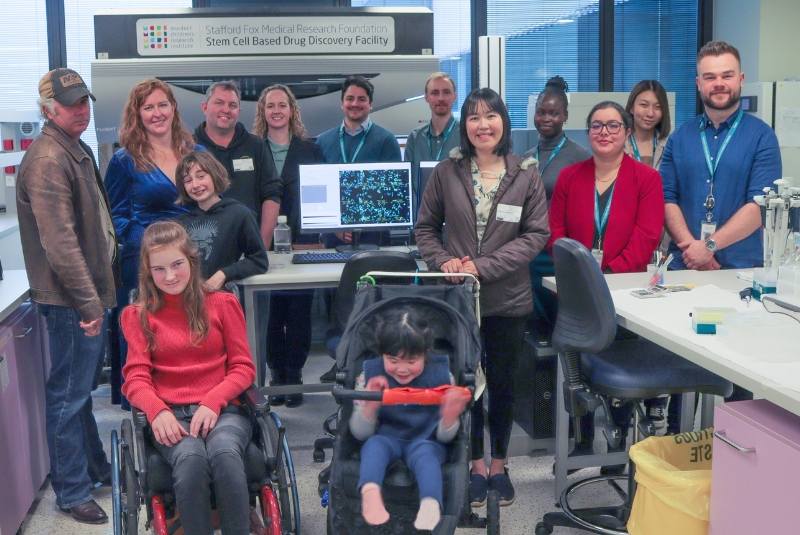
Edward’s story has inspired the family to seek support and spread awareness about this rare genetic condition. Despite the hardships, the family finds joy in every moment, while actively exploring new treatment options and advancements to improve Edward’s quality of life.
Read about Edward’s story in this ABC News article.
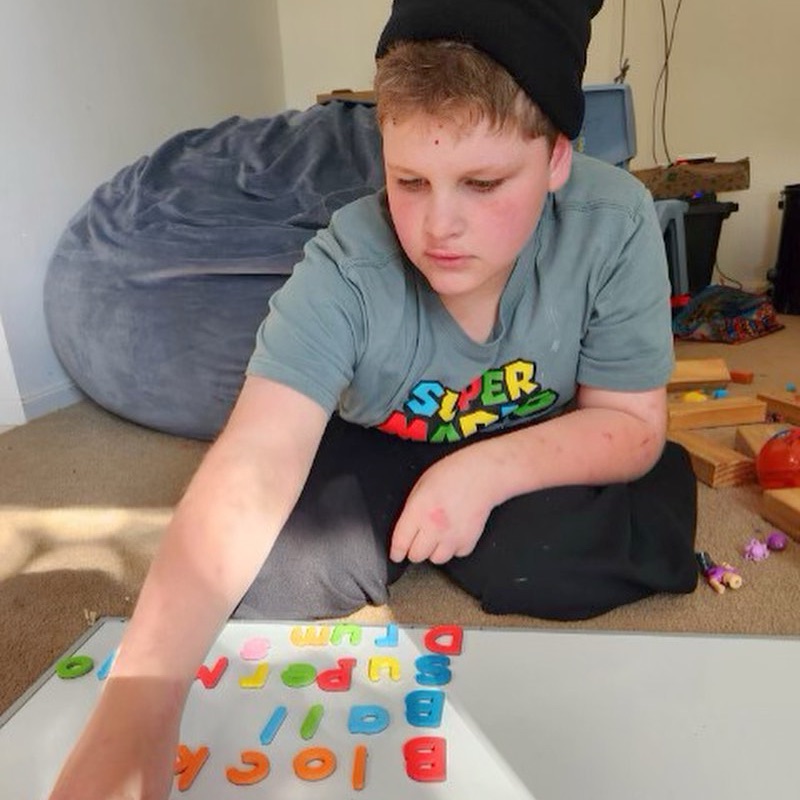
The Boyer family’s journey showcases their unity and resilience in adversity. They are not only focused on finding solutions for their own child but also on contributing to the broader scientific and community understanding of KIF1A.
Gary’s commitment serves as an inspiration for others who may be dealing with rare conditions, reminding us of the strength that family and community can provide in times of difficulty.
Happy Father’s Day to all the fathers and father figures in our lives. Your support, encouragement, laughter and love make a world of difference to the children in your care.
